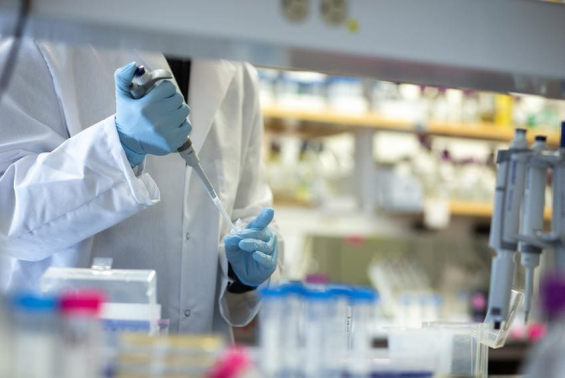The Ministry of Health said on Tuesday it has created a Laboratory Consortium to identify the SARS-CoV2 Variants circulating in Morocco.
This consortium of laboratories, which has a functional sequencing platform, has been set up as part of the genomic monitoring strategy of the novel coronavirus SARS-CoV2, the ministry said in a statement.
The consortium musters the reference laboratory for influenza and respiratory viruses of the National Institute for Hygiene, and the medical biotechnology laboratory at the Faculty of Medicine. Pharmacy in Rabat, the functional genomics platform of the National Center for Scientific Research, as well as the Institut Pasteur in Casablanca, according to the same source.
The main task of this network of laboratories is to identify the mutated variants of SARS-CoV 2 present in Morocco and to characterize them by genomic sequence.
The sequencing of the novel coronavirus strains, collected from public and private laboratories, including mobile laboratories and laboratories set up onboard traveler ships operating between Europe to Morocco, is performed on a continuous basis by the laboratories part of the consortium.
Any foreign variant is reported to the competent authorities and a press release is issued by the Ministry of Health to inform on the type of variant detected and on the measures taken to stop its spread.
The sequencing of the SARS-Cov-2 strains started in Morocco as early as June 2020, the statement said. The first results published by the National Institute for Hygiene in July 2020 showed that the strains circulating in Morocco came from European countries and that no correlation between the mutations identified and fatality rate has been proven.
On January 18, 2021, the National Institute for Hygiene reported the presence of the UK variant of SARS-CoV2 in a Moroccan national returning from Ireland. Two other members of his family were carrying the same variant. All three were treated in accordance with health protocols in force.
The consortium of laboratories continues the sequencing of the strains collected from the different laboratories and so far neither the Brazilian nor the South African variants have been detected in the Kingdom.





 chargement...
chargement...













